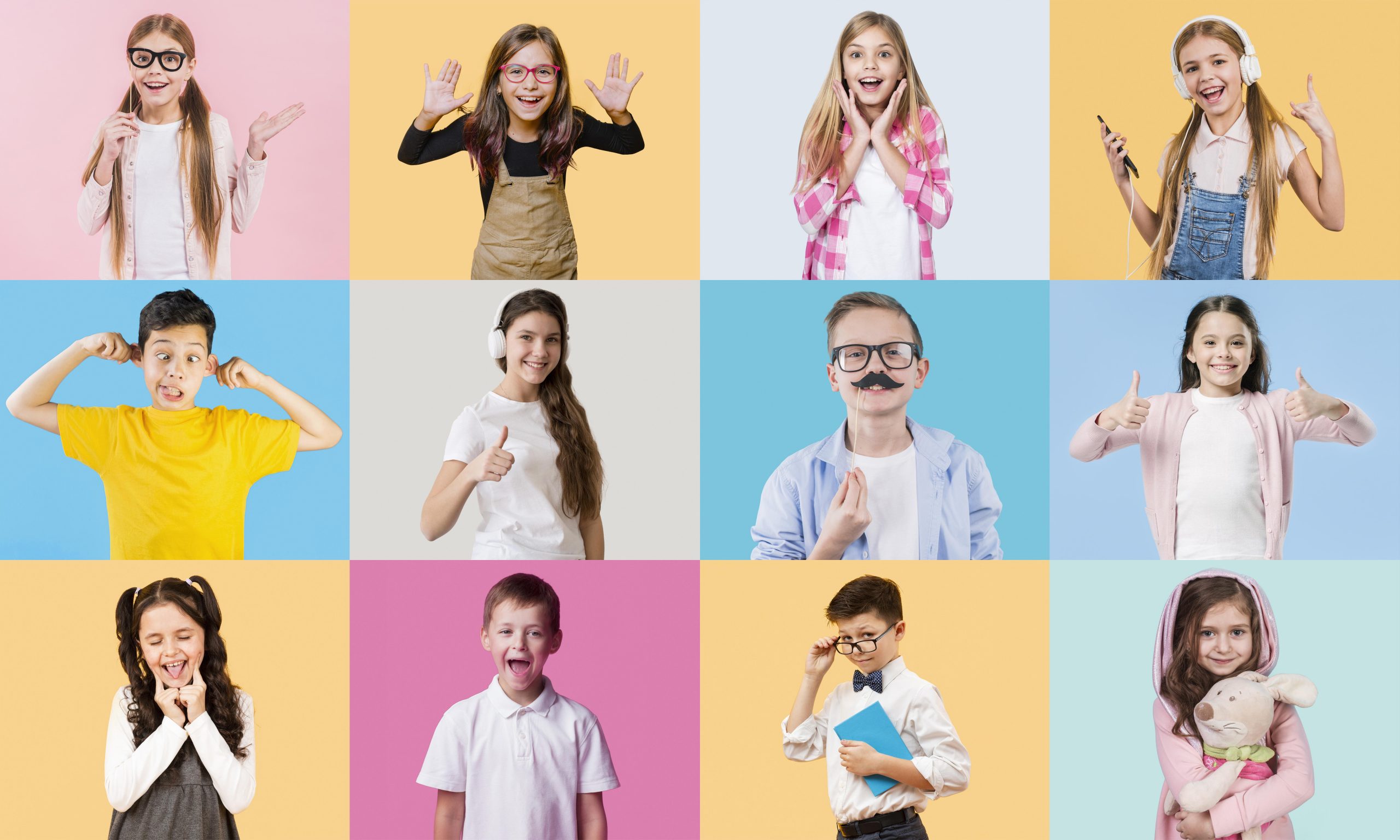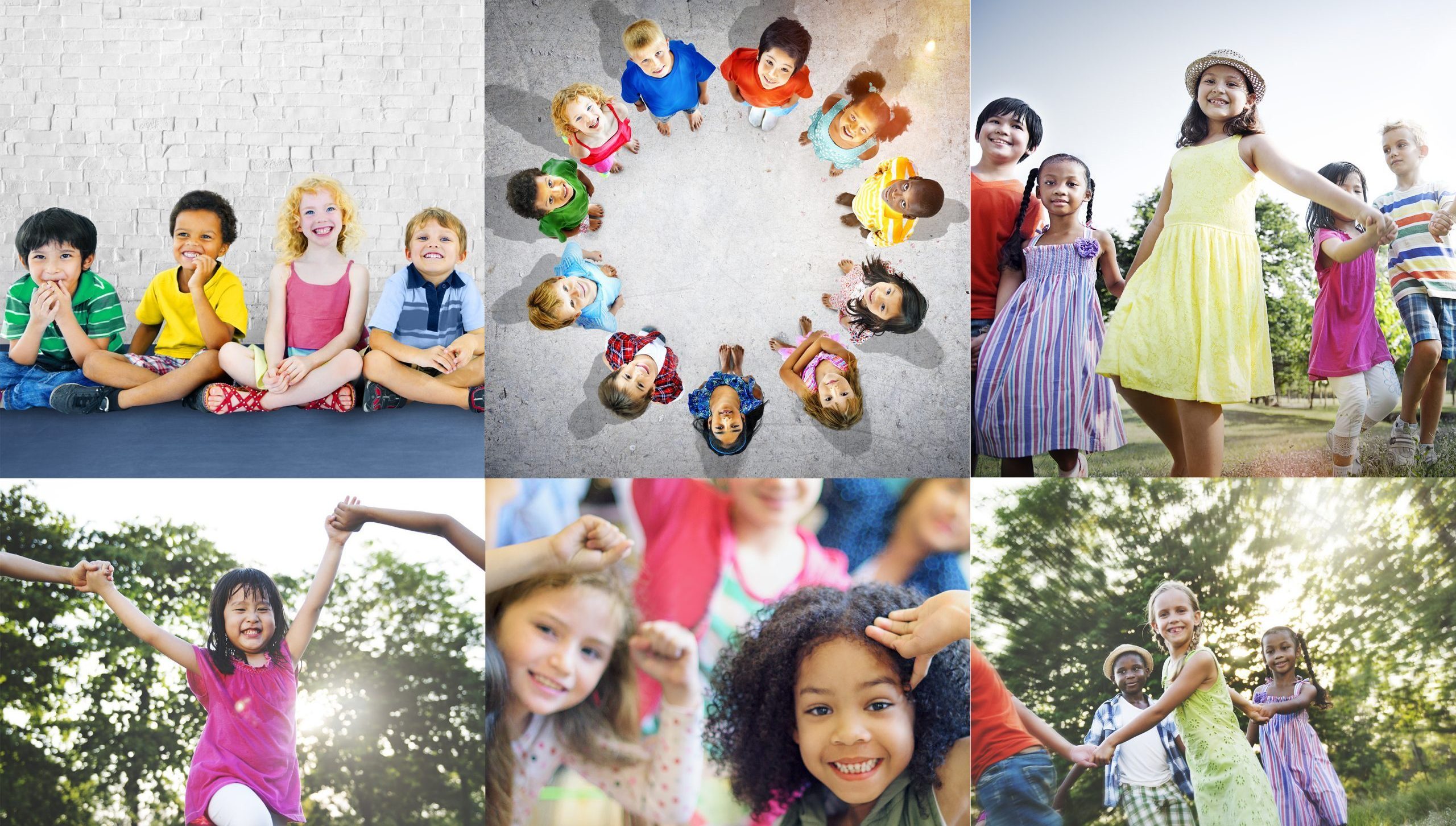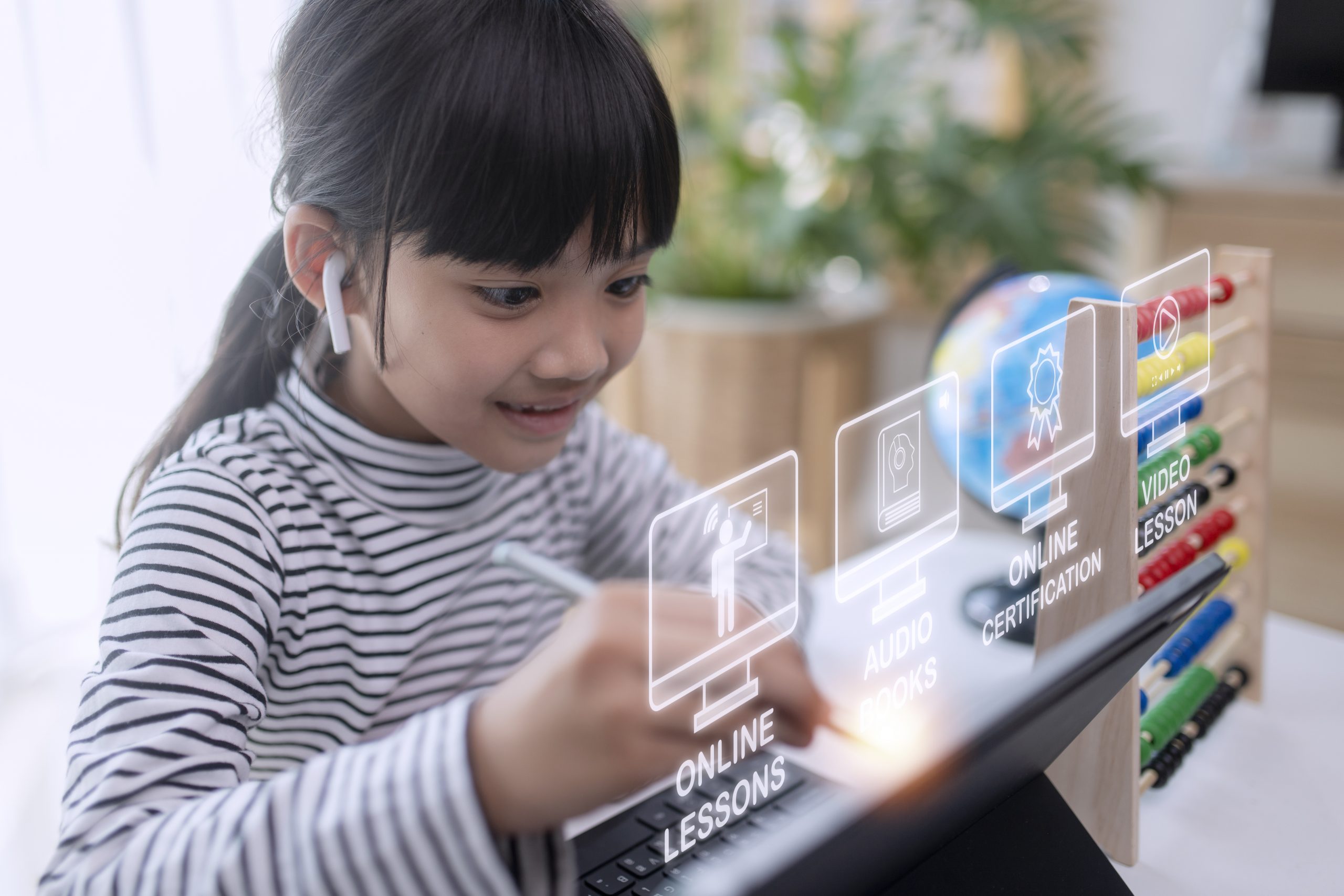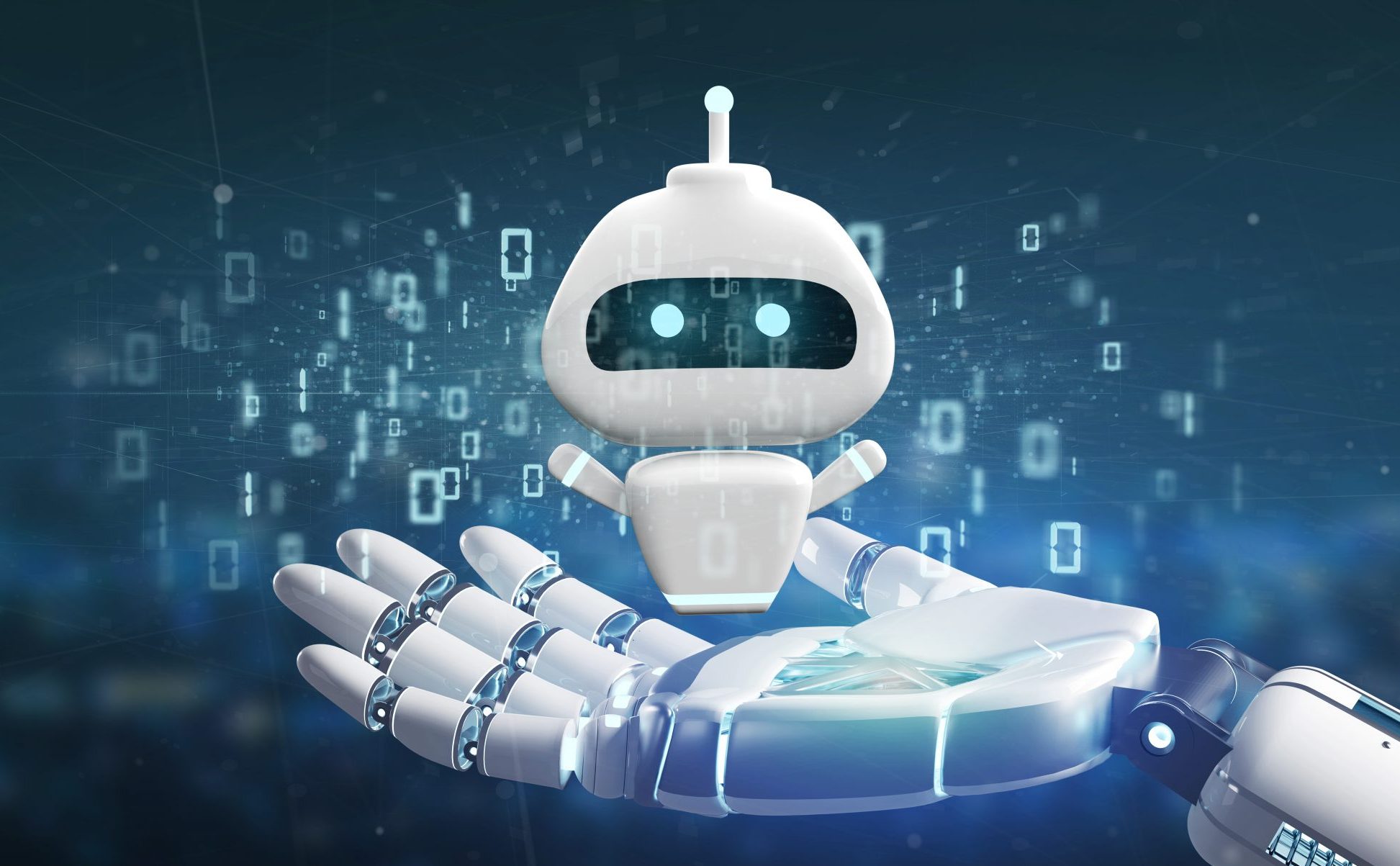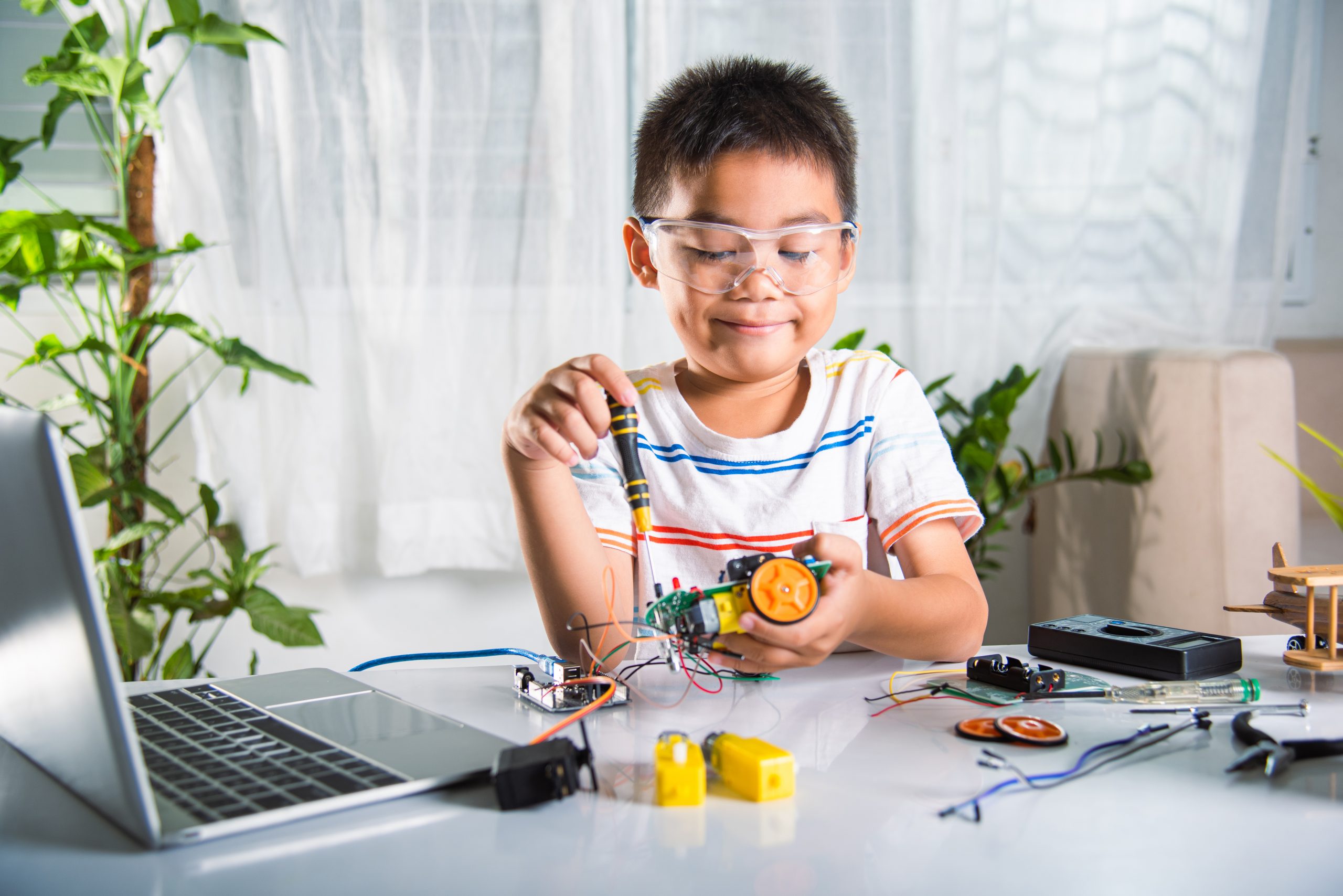Primary
English 80% Thai 20%
หลักสูตรของเราใช้ International Primary Curriculum (IPC) เป็นหลักสูตรสำหรับการศึกษาระดับประถมที่เน้นการเรียนรู้แบบองค์รวม มีความสร้างสรรค์ และเชื่อมโยงหัวข้อการเรียนรู้ในรูปแบบธีมที่น่าสนใจ หลักสูตรนี้ช่วยให้นักเรียนได้เรียนรู้หลากหลายวิชา ทั้งวิทยาศาสตร์ เทคโนโลยี ศิลปะ และมนุษยศาสตร์ ผ่านการเรียนรู้ที่กระตุ้นความคิดและการตั้งคำถาม
หลักสูตรแกนกลางของกระทรวงศึกษาธิการ
+
กิจกรรมการเรียนรู้ IPC
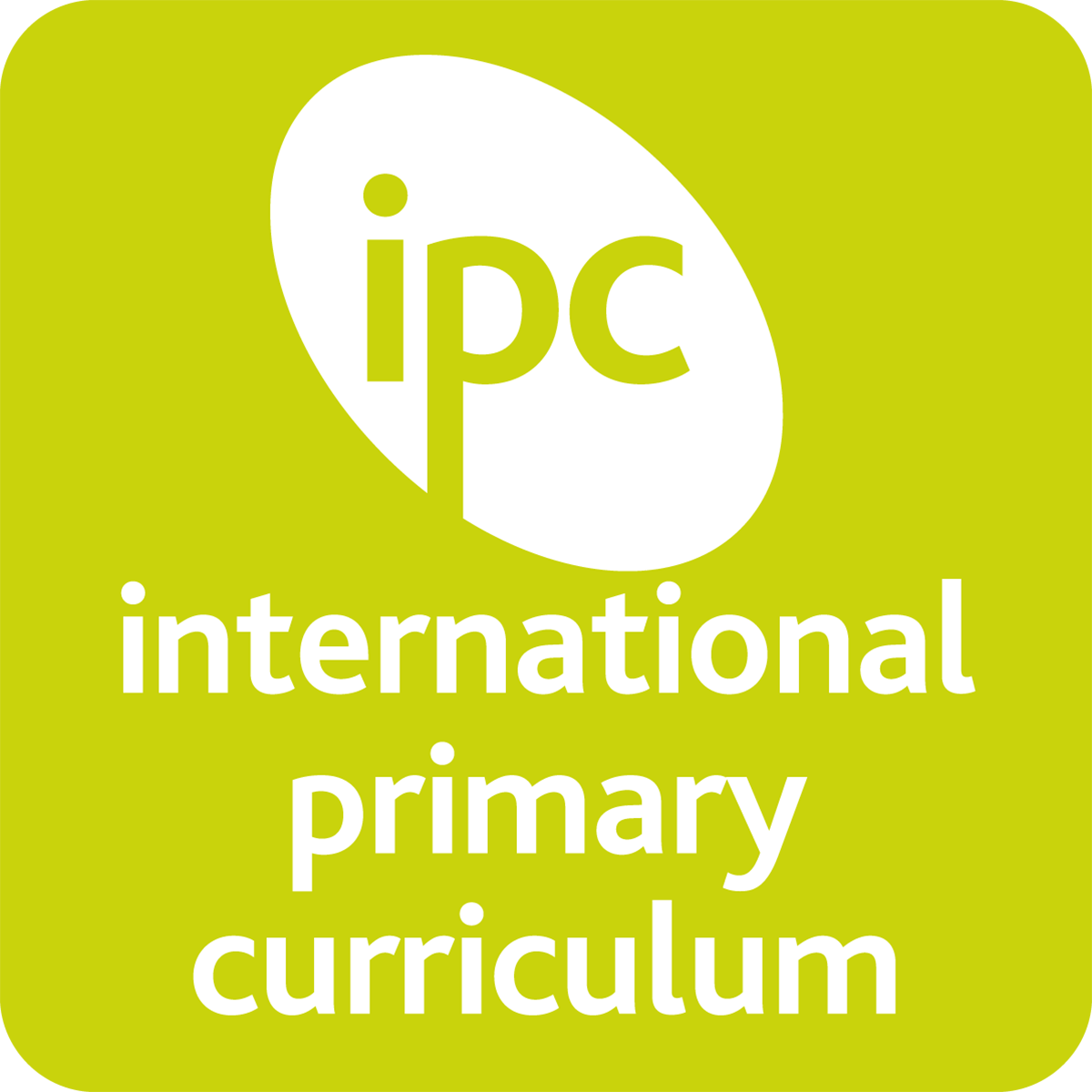
Goals and Objectives:
เป้าหมายของโปรแกรมนานาชาติที่โรงเรียนต้นกล้า
- พัฒนาทักษะสองภาษา: สร้างความเชี่ยวชาญในภาษาอังกฤษและภาษาไทย โดยใช้สัดส่วนการเรียนภาษาอังกฤษ 80% และภาษาไทย 20%
- มอบการเรียนรู้อย่างรอบด้าน: ใช้หลักสูตร IPC เพื่อพัฒนาความรู้และทักษะในหลากหลายสาขาวิชา
- สร้างรากฐานที่มั่นคง: หลักสูตร HEI ระดับอนุบาลมุ่งเน้นพัฒนาทักษะด้านภาษา การคิด การเข้าสังคม และการควบคุมอารมณ์
- ส่งเสริมพัฒนาแบบองค์รวม: พัฒนาทักษะการคิดวิเคราะห์ การสื่อสาร การแก้ปัญหา และปลูกฝังคุณค่าด้านความเห็นอกเห็นใจ ความรับผิดชอบ และความยืดหยุ่น
- ส่งเสริมการเรียนรู้ตลอดชีวิต: กระตุ้นความอยากรู้อยากเห็นและความรักในการเรียนรู้ เพื่อให้นักเรียนพร้อมเผชิญกับความท้าทายในอนาคต
- สร้างสภาพแวดล้อมการเรียนรู้ที่อบอุ่น: ครูที่มีประสบการณ์และเอาใจใส่จะคอยสนับสนุนนักเรียนให้บรรลุศักยภาพสูงสุด
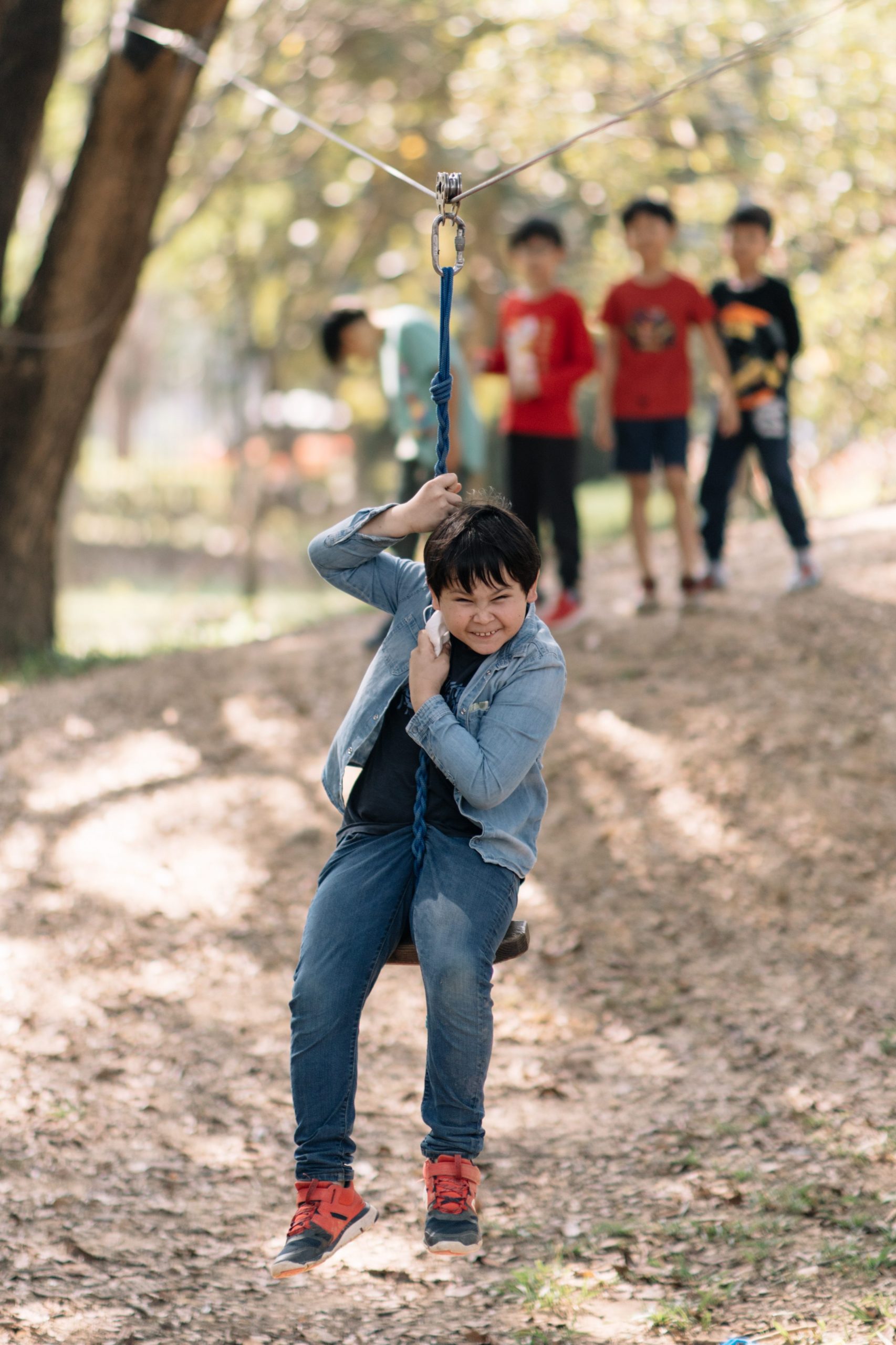
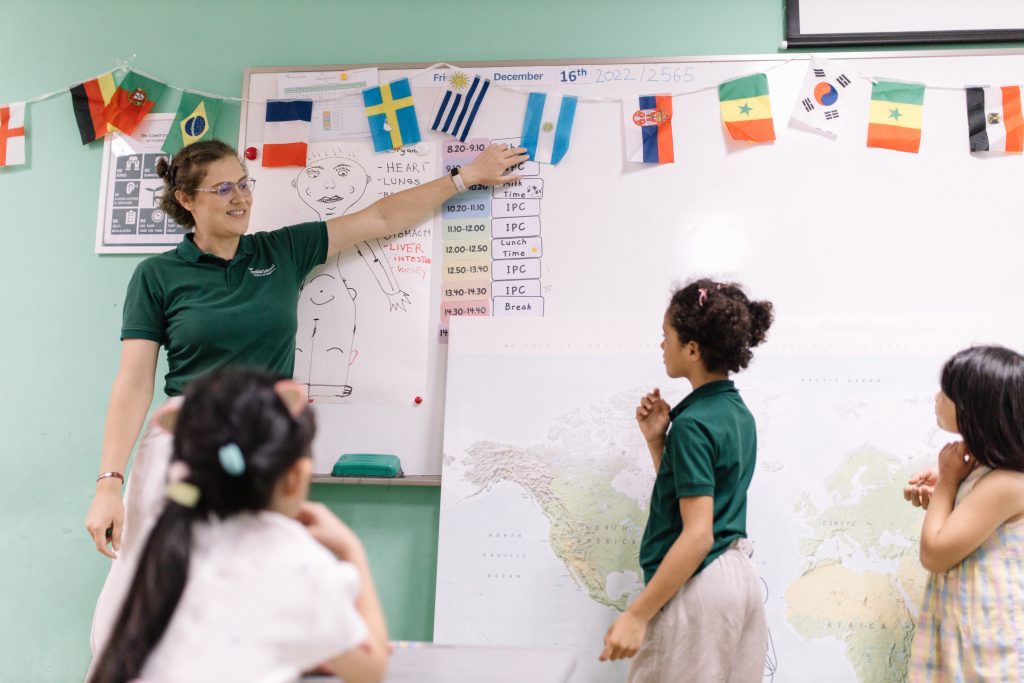
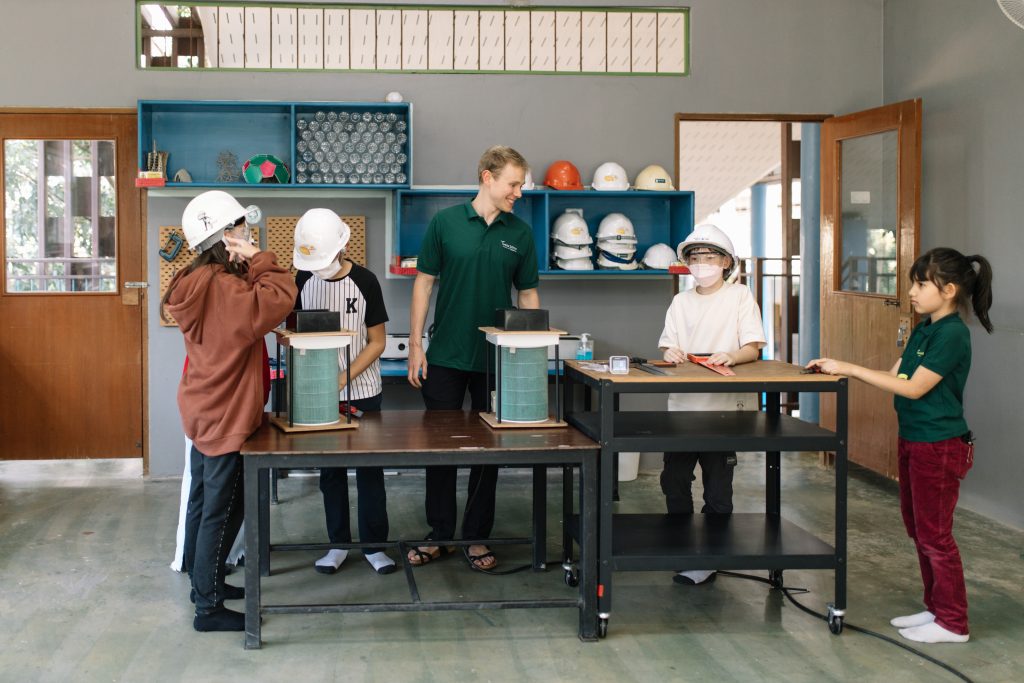
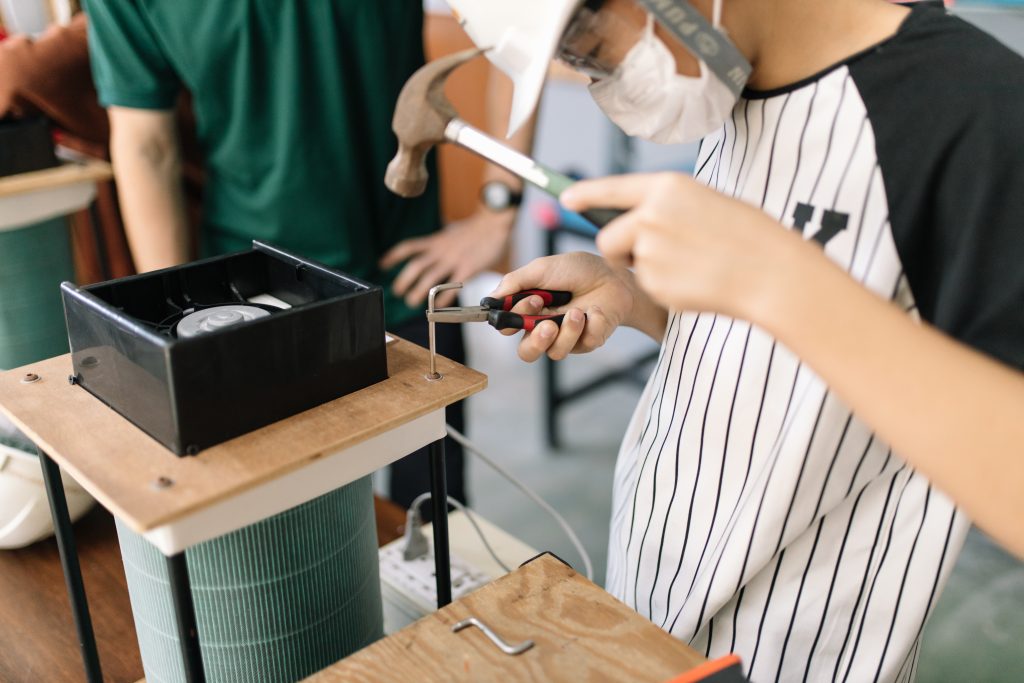
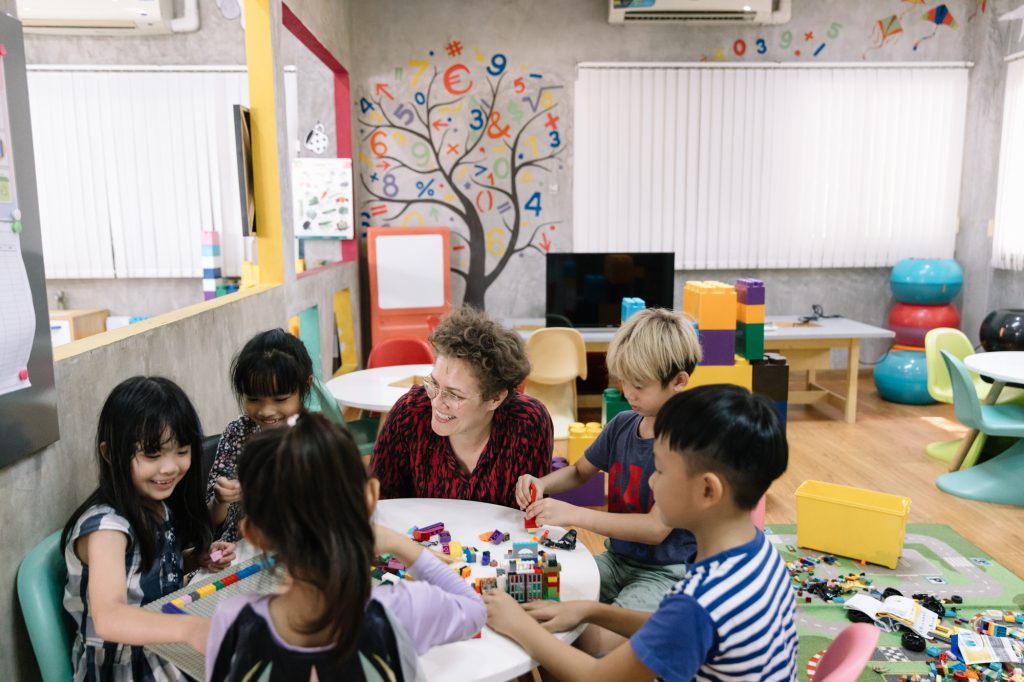
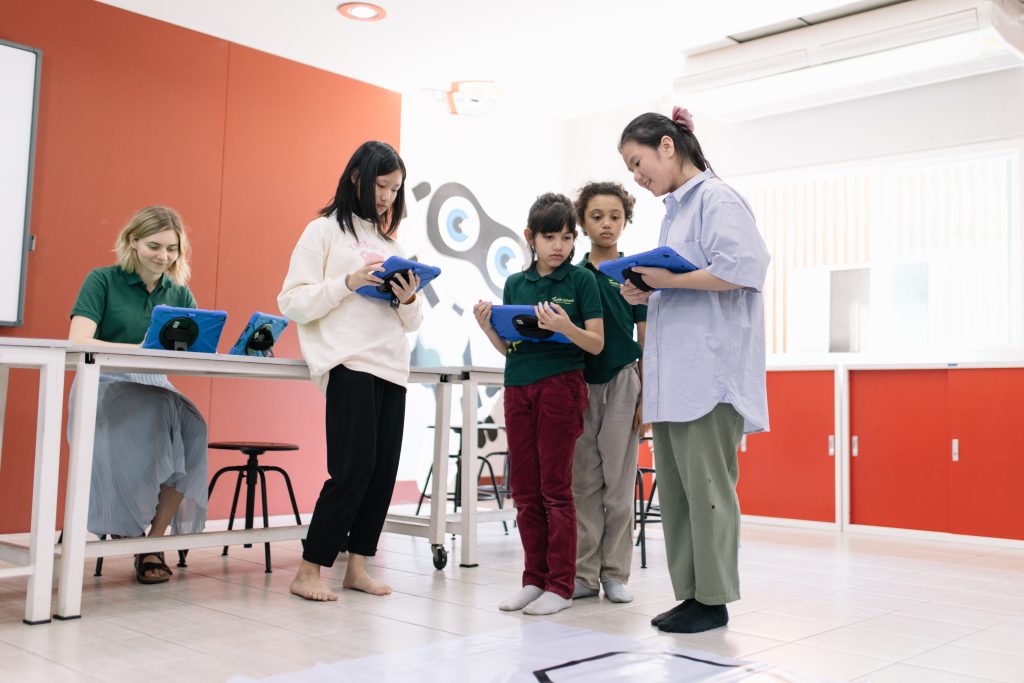
Overview
Building on the solid foundation of the Kindergarten experience, our primary department helps students transition to the next stages of their development as learners and as people. We continue to provide a nurturing and safe environment for all, as well as helping the students become accustomed to new habits and encouraging them to develop a greater sense of independence.
เหตุผลที่เลือก IPC?
โรงเรียนต้นกล้าเลือกใช้หลักสูตร IPC เพราะเหมาะสมกับวิสัยทัศน์ของโรงเรียน และได้รับการยอมรับในระดับสากล ปัจจุบันหลักสูตร IPC ถูกใช้ในโรงเรียนกว่า 1,000 แห่งใน 90 ประเทศทั่วโลก หลักสูตรนี้ตอบโจทย์ทั้งด้านวิชาการและการพัฒนาทักษะชีวิต ช่วยให้นักเรียนพร้อมรับมือกับโลกที่เปลี่ยนแปลงอย่างรวดเร็ว
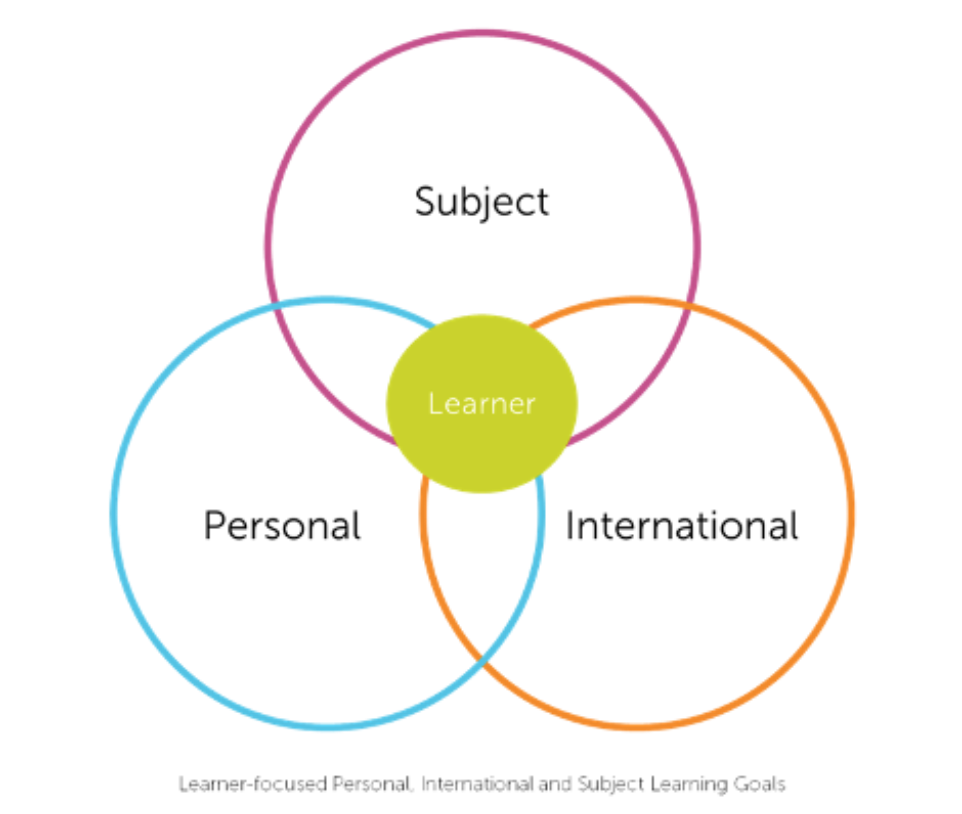
การมีมุมมองระดับสากล – ความสามารถในการเป็นพลเมืองโลก
หนึ่งในส่วนสำคัญของหลักสูตร IPC คือส่วนที่เน้นการเรียนรู้ระดับนานาชาติ ซึ่งครูจะตั้งเป้าหมายการเรียนรู้ที่เกี่ยวข้องกับการเข้าใจวัฒนธรรมทั้งในท้องถิ่นและในต่างประเทศ เพื่อให้นักเรียนเข้าใจว่าเรามีทั้งความเหมือนและความแตกต่างกัน และปัญหาที่เกิดขึ้นในที่หนึ่งสามารถส่งผลต่อคนในที่อื่นได้ จุดประสงค์คือการช่วยให้นักเรียนเข้าใจความสำคัญของการช่วยเหลือและการสื่อสารกับผู้อื่น ไม่เพียงแค่ในชุมชนของตนเอง แต่รวมถึงในระดับโลกด้วย เพื่อสนับสนุนสิ่งนี้ เราจึงมีแผนที่จะจัดกิจกรรมทัศนศึกษาภาคสนามและการสื่อสารกับเด็กๆ ในส่วนต่างๆ ของโลกผ่านโครงการเพนพาลที่ประสบความสำเร็จ เมื่อพัฒนาความตระหนักรู้เกี่ยวกับผู้คน สถานที่ และวัฒนธรรมอื่นๆ แล้ว เราจะช่วยนักเรียนคิดหาวิธีที่พวกเขาจะมีส่วนร่วมในชุมชนและโครงการต่างๆ ในฐานะพลเมืองโลกที่มีความสามารถ ซึ่งจะเป็นประโยชน์ต่อผู้อื่นและส่งผลดีต่อเราทุกคนในที่สุด
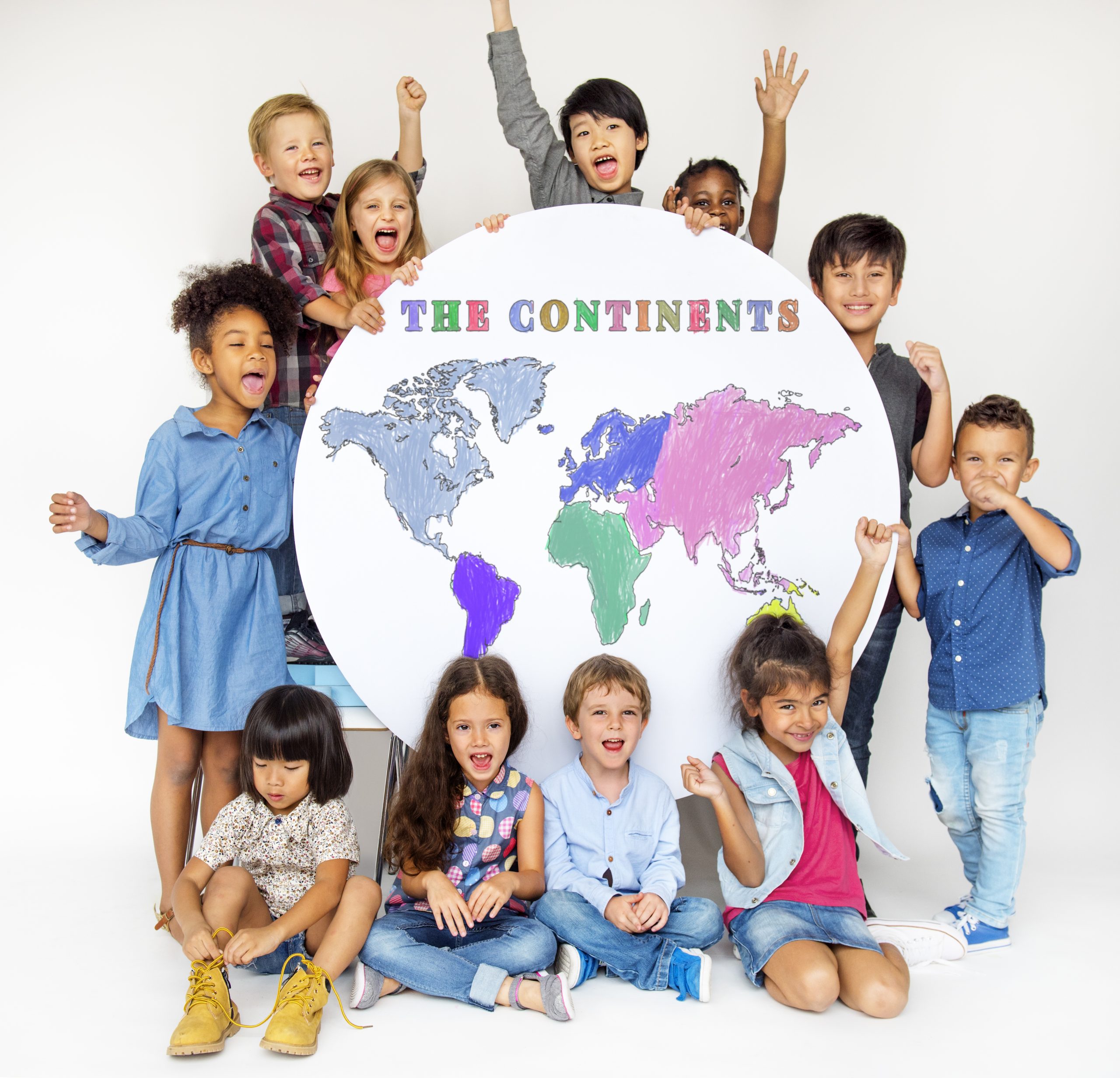
หลักสูตร IPC นำเสนอการเรียนรู้แบบบูรณาการ
หลักสูตร IPC นำเสนอการเรียนรู้แบบบูรณาการ ซึ่งหมายความว่าการเรียนรู้จะมุ่งเน้นไปที่หน่วยการเรียนรู้ที่มีธีมต่าง ๆ ซึ่งแต่ละหน่วยจะใช้เวลาประมาณ 3 ถึง 6 สัปดาห์ โดยแต่ละหน่วยจะมีธีมที่น่าสนใจและทันสมัย ในระหว่างหน่วยการเรียนรู้ นักเรียนจะศึกษาเนื้อหาหลายวิชา เช่น วิทยาศาสตร์ สังคมศึกษา เทคโนโลยีสารสนเทศและการคำนวณ ประวัติศาสตร์ สุขภาพและการดูแลสุขภาพ และการมีมุมมองระดับสากล โดยใช้หัวข้อเดียวกันในการศึกษา และทุกวิชาจะมีเป้าหมายการเรียนรู้ที่ชัดเจน การศึกษาหัวข้อเดียวกันจากมุมมองที่หลากหลายช่วยให้การเรียนรู้มีความหมายมากขึ้นสำหรับเด็ก ๆ และแสดงให้พวกเขาเห็นถึงความเชื่อมโยงของโลก
วิธีการสอน
การสอนแบบก้าวหน้า
หลักสูตร IPC ส่งเสริมวิธีการสอนที่น่าสนใจ มุ่งเน้นนักเรียนเป็นศูนย์กลาง ใช้งานได้จริง และมีพื้นฐานจากงานวิจัยที่ได้รับการยืนยัน โดยจะเน้นไปที่ 4 ด้านหลัก:
- การคิดเกี่ยวกับการคิด – การเรียนรู้เกี่ยวกับการเรียนรู้ โดยการกระตุ้นให้นักเรียนสะท้อนถึงสิ่งที่เรียนรู้ วิธีการเรียนรู้ และวิธีที่จะทำให้ดีขึ้น
- การเรียนรู้จากสมอง – การใช้กิจกรรมหลากหลายเพื่อช่วยให้ความรู้ถูกจดจำในระยะยาว
- การสร้างความรู้ – การใช้ความรู้ที่มีอยู่ก่อนเพื่อสร้างความหมายใหม่เกี่ยวกับโลกโดยการทำงานร่วมกับผู้อื่น
- การเรียนรู้จากประสบการณ์และการเรียนรู้ที่มีส่วนร่วม – การใช้กิจกรรมที่ต้องลงมือทำหลายรูปแบบเพื่อให้การเรียนรู้มีความหมายและกระตุ้นสมองของนักเรียน
วงจรการเรียนรู้
แต่ละหน่วยการเรียนรู้จะผ่านวงจรการเรียนรู้ที่ประกอบด้วยขั้นตอนต่าง ๆ ซึ่งเชื่อมโยงกันและมีผลลัพธ์ที่ชัดเจน
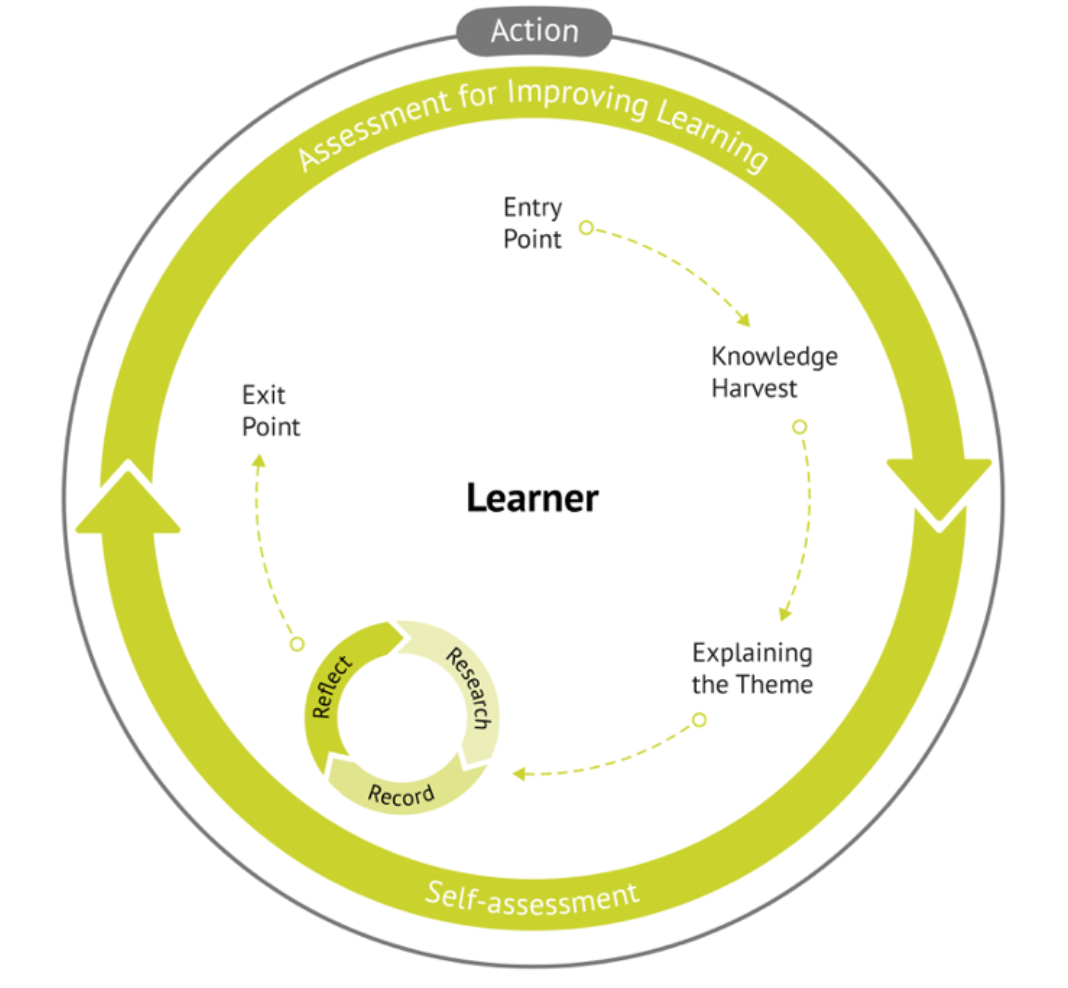
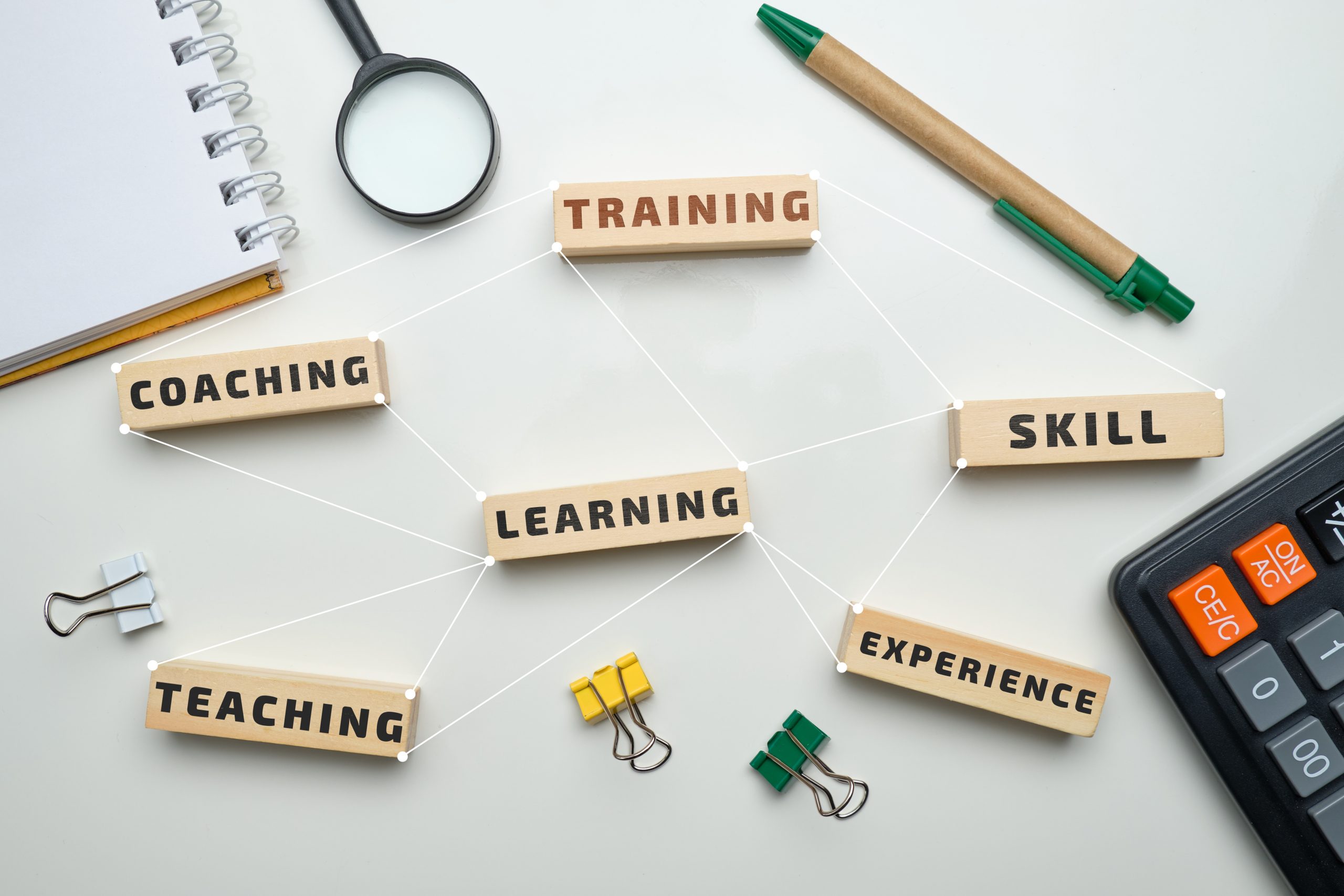
เป้าหมายการเรียนรู้ส่วนบุคคล
หลักสูตร IPC ได้รวบรวมเป้าหมายการเรียนรู้ที่เน้นการพัฒนานักเรียนในด้านบุคลิกภาพ ซึ่งประกอบด้วย 8 ลักษณะสำคัญที่จะช่วยให้นักเรียนสามารถมีปฏิสัมพันธ์กับผู้อื่นในหลากหลายสถานการณ์ และเติบโตเป็นพลเมืองโลกที่มีคุณสมบัติสมดุลและพร้อมสำหรับอนาคต
เป้าหมายการเรียนรู้ส่วนบุคคลใน IPC
เรามุ่งปลูกฝัง 8 คุณลักษณะสำคัญให้นักเรียน:
♥️ ยืดหยุ่น: ปรับตัวตามสถานการณ์
🤝 ร่วมมือ: ทำงานร่วมกับผู้อื่น
💬 สื่อสาร: เข้าใจและสื่อสารกับคนหลากหลาย
🥰 เห็นอกเห็นใจ: ใส่ใจความรู้สึกผู้อื่น
😌 มีจริยธรรม: ทำสิ่งที่ถูกต้องในสถานการณ์ต่าง ๆ
✅ มุ่งมั่น: ไม่ย่อท้อต่อความยากลำบาก
🙏 เคารพผู้อื่น: ให้เกียรติความแตกต่าง
👩🎓 นักคิด: วิเคราะห์และพิจารณาปัญหา
คุณลักษณะเหล่านี้ถูกรวมอยู่ในบทเรียน IPC เพื่อให้นักเรียนได้ฝึกฝนและพัฒนาไปสู่การเป็นพลเมืองโลกที่สมบูรณ์แบบและพร้อมสำหรับอนาคต

